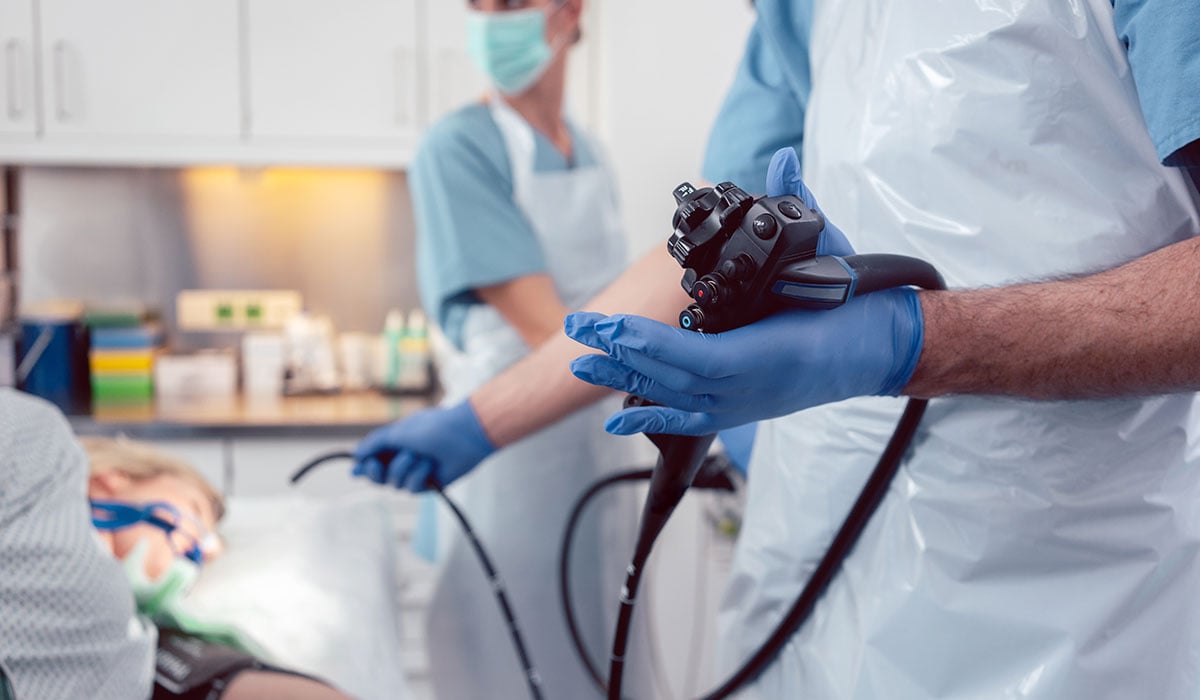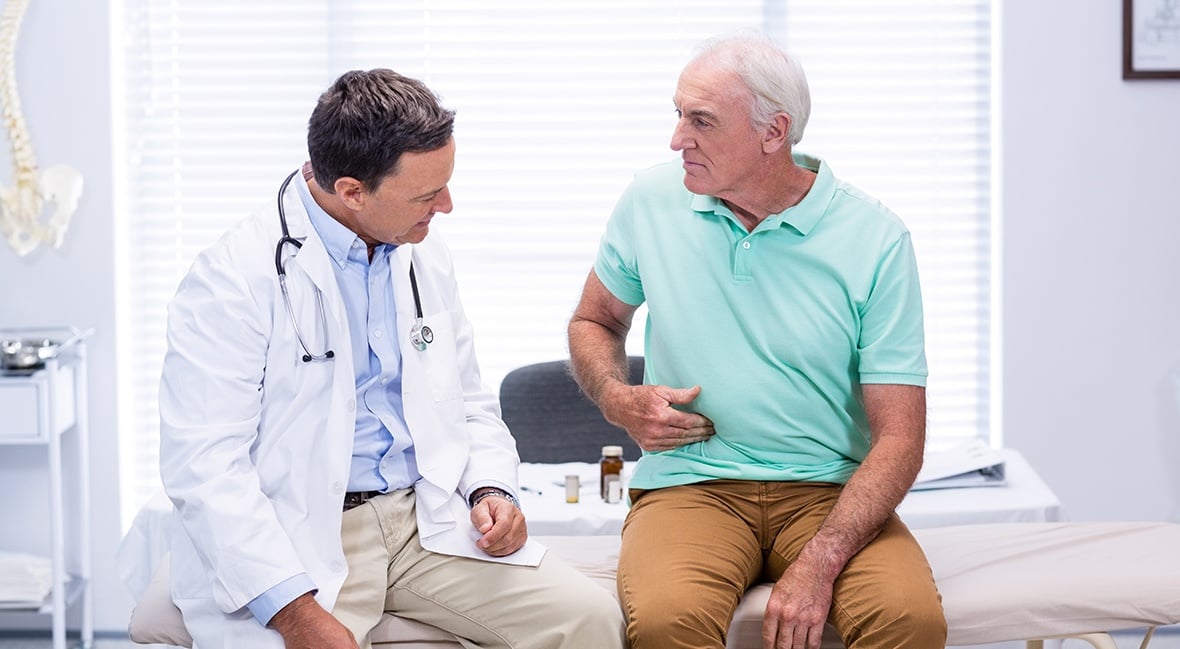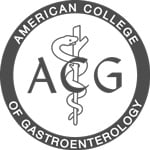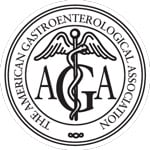Crohn's disease is a chronic inflammatory gastrointestinal condition, and one of the two most common forms of Inflammatory Bowel Disease, or IBD. The other is ulcerative colitis. First described by Dr. Burrill B. Crohn in 1932, Crohn’s disease can affect any part of the digestive tract, from the mouth to the anus, whereas ulcerative colitis strictly impacts the colon.
Symptoms of Crohn’s disease will differ, depending on the affected area of your digestive tract. While there is no cure for Crohn's disease, receiving the proper diagnosis and treatment is vital to effectively minimize its associated inflammation, and subsequently, to reduce the risk of cancer.
Note: IBD is not the same as Irritable Bowel Syndrome, or IBS, which does not cause inflammation, ulcers, or damage to the bowel.
While symptoms do vary, there are several that are most common among Crohn’s patients.
- Abdominal Pain/Cramping
- Unexplained Weight Loss
- Fatigue
- Diarrhea
Crohn’s Symptoms: Mouth, Esophagus & Appendix
Crohn’s of the mouth, esophagus and appendix are the rarest forms of the disease.
- Mouth: Crohn’s of the mouth usually results in painful mouth sores.
- Esophagus: Crohn’s of the esophagus may lead to dysphagia—causing chest pain upon swallowing. (Dysphagia: trouble swallowing).
- Appendix: Crohn’s of the appendix may present with the same symptoms as appendicitis, including, but not limited to, pain around the navel (may be mild or sharp), nausea, loss of appetite, and vomiting.
Crohn’s Symptoms: Stomach & Duodenum
Those with Crohn’s of the stomach or duodenum, the first part of the small intestines, may never experience symptoms. Those who do, however, may be afflicted with the following:
- Pain in the Upper Abdomen
- Weight Loss Resulting From Food Avoidance
- Appetite Loss/Bloating Resulting From Stricture-Causing Scar Tissue
- Nausea
- Vomiting
Crohn’s Symptoms: Ileum & Colon
The ileum is the part of the small intestine that follows the jejunum. Symptoms of Crohn’s in either the ileum or colon are those common symptoms listed at the beginning of this post.
Common symptoms in this area may include:
- Rectal Bleeding
- Disease Around the Anus (i.e. abscess, fistulas, ulcers)
Diagnosing & Treating Crohn's
Direct visualization via upper and lower endoscopy procedures is ideal for evaluating IBD symptoms, though medical history and other tests are also vital to the diagnosis.
There is no cure for IBD, and subsequently, there is no cure for Crohn's disease. Since triggers vary patient to patient, there is no one blanket course of treatment that works for everyone. For these reasons, treatment is intended to lessen the severity of symptoms by reducing the associated inflammation.
Possible courses of treatment may include one or more of the following:
- Anti-Inflammatory Drugs
- Immune System Suppressors
- Antibiotics
- Nutrition Therapy
- Surgery
Complications of Crohn's Treatment
A complication, in medical terms, is considered to be an adverse event that occurs due to a medical treatment or surgical procedure or disease. Examples of complications include adverse drug reactions or post-op bleeding. The complications typically associated with Crohn's disease come in two forms: local, meaning only the intestinal tract is affected; and systemic, meaning the entire body may be affected.
Local complications associated with Crohn's disease are:
- Abscess
- Diarrhea
- Anal Fissure
- Fistula
- Strictures
- Malabsorption & Malnutrition: Chronic inflammation of the small intestine often leads to intestinal lining damage. This can hinder the organ's ability to absorb nutrients properly.
Systemic complications associated with Crohn's disease include:
- Arthritis
- Vitamin D Deficiency
- Skin Problems
Think You May Have Crohn's Disease?
Visit Gastroenterology Associates, conveniently located adjacent to Long Island Center for Digestive Health (LICDH), a New York State-licensed non-hospital outpatient facility committed to providing high-quality colonoscopic and endoscopic and services in a comfortable, welcoming environment.
An undiagnosed case of Crohn's disease, or other form of IBD, could prove to be extremely disruptive to daily life, especially during periods of symptom flare-ups. At LICDH, our team of physicians are all fellowship-trained specialists in digestive diseases, who offer comprehensive testing and treatment for IBD. If you think you may be dealing with Crohn's disease, schedule a consultation.












